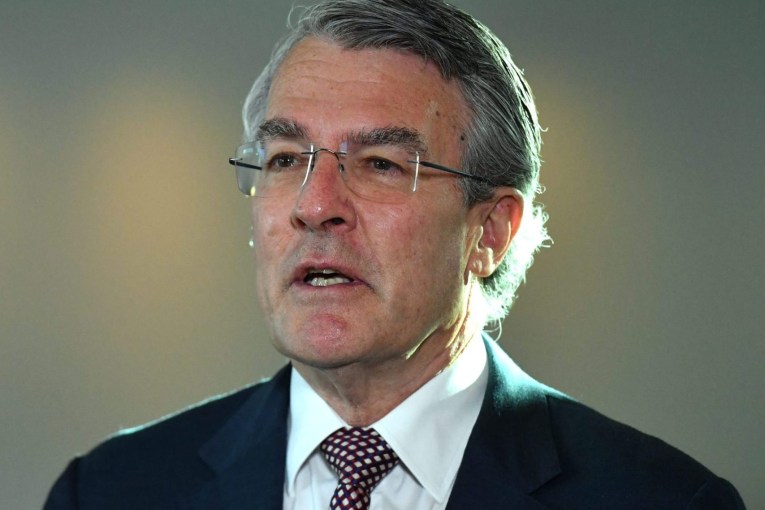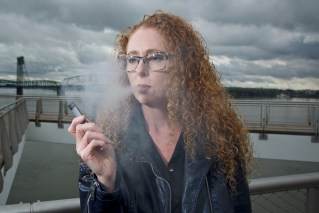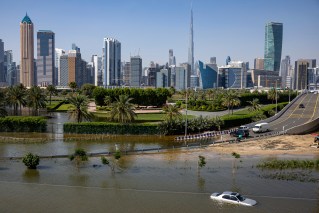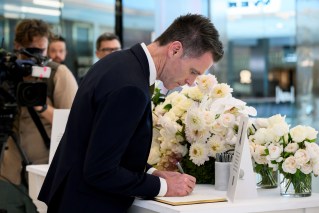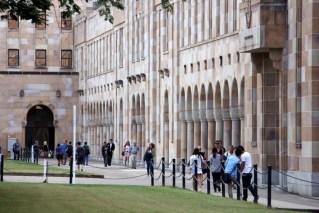Just five active cases, now troops become focus of latest border battle
The welcome news of only five active coronavirus cases in Queensland – the lowest in two months – comes with concerns the border defence is set to be tested.
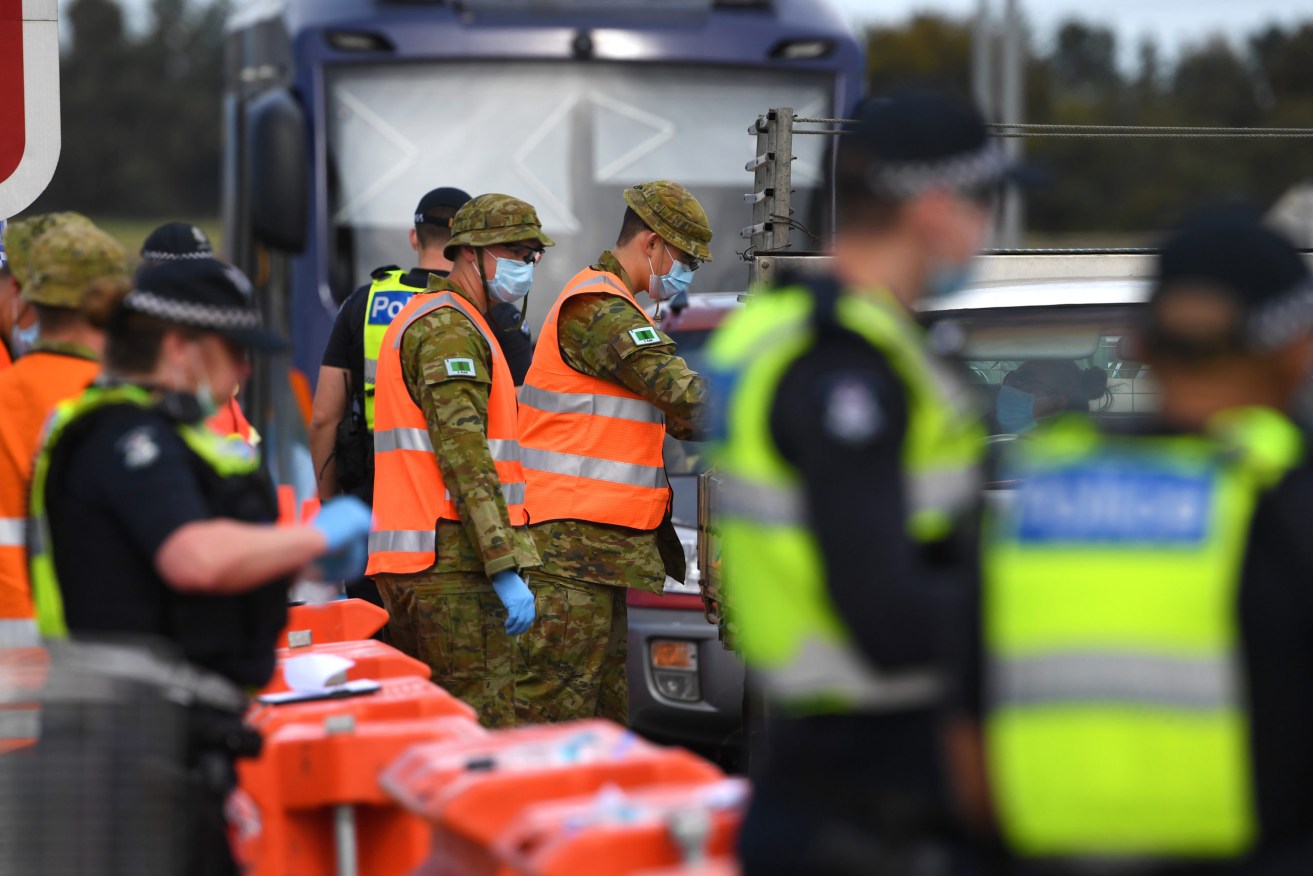
ADF personnel helping patrol state borders will be withdrawn from Queensland. (Photo: AP Image/James Ross)
The Australian Defence Force is withdrawing hundreds of personnel from Queensland border operations in order to regroup for storm and flood season.
Deputy Premier Steven Miles today said the decision would force Queensland police to cover the gaps, with more officers working longer hours to check on travellers.
The only saving grace is that NSW currently has no community transmission of COVID-19, with all new cases already in quarantine. That raises the prospect of the border restrictions being lifted as early as November.
Miles accused Prime Minister Scott Morrison of ordering the withdrawal to apply further pressure on the Palaszczuk government to open the border. He said the decision was “disappointing” and would add pressure on police.
“I really don’t think the Defence Force should be used as a bargaining chip in what is an ongoing political attack from the Federal Government on the State Government,” Miles said.
“Our policies have worked and they should back off.”
A spokesman for the Prime Minister rejected the claims of political interference, saying the ADF made its own operational decisions.
A Defence spokesman said the withdrawal had been flagged with Queensland on August 7, and on September 11 it was confirmed personnel would not be available after September 30. National Cabinet and the Queensland government had been kept informed, during a period in which the lack of personnel assisting Victoria’s COVID-19 response emerged as a key reason for quarantine failures and rampant infections.
Defence personnel will continue to assist Queensland’s quarantine hotel arrangements, particularly with more Australians set to return from overseas and stay in the Sunshine State until they are given the all-clear.
Federal Health Minister Greg Hunt also rejected claims of political interference. He again claimed Queensland’s border restrictions were not backed by health evidence and should be abandoned for the sake of the economy.
“We’d like to see, ultimately, a national travel bubble outside of Victoria,” Hunt said.
Victoria has recorded 15 new coronavirus cases and a further five deaths.
Queensland again recorded no new cases of COVID-19 overnight, with the number of active cases falling to five – the lowest since the end of July. If there are no cases today, restrictions in parts of south-east Queensland will be eased before the weekend, and Premier Annastacia Palaszczuk has also foreshadowed broader relaxations in the coming weeks.
Miles acknowledged the decision to extend the border zone further south, allowing for more travel to and from NSW, came with added risk. He speculated that travellers from Sydney, where there have been COVID-19 clusters, could be holidaying in Byron Bay alongside Queenslanders from areas that have been free of infection.
However, NSW has shown such progress in containing new infections that there is now a prospect Queensland border restrictions will be lifted before Christmas. Of the six new cases recorded in NSW overnight, all were returned travellers in hotel quarantine, with the state having no locally acquired cases for the second consecutive day.
Miles expressed confidence that Queensland police, public health staff, and contact-tracers would continue to keep the state safe. He asked Queenslanders to keep doing the right thing to deliver “zero results all the way into October”.
“Let’s make sure that it’s our economy that rebounds, not this virus,” Miles said.
Meanwhile, the state’s Auditor-General, Brendan Worrall, today revealed Queensland Health’s bungled implementation of a new financial and supply chain management system not only cost taxpayers an extra $33.5 million but could have potentially undermined the pandemic response.
The audit found Queensland Health “under-estimated the compounding delivery risks” and had been unable to make all necessary improvements due to the pandemic. While the new system had since improved supply chain management, it has yet to be fully utilised, including for the mammoth task of ensuring sufficient supply of personal protective equipment (PPE) in the pandemic.
Queensland Health director-general Dr John Wakefield told the Auditor-General the new system had provided “comprehensive procurement and supply chain data that has been instrumental to the COVID-19 response,” a point reaffirmed by Miles. The recommendations arising from the audit are being considered.
